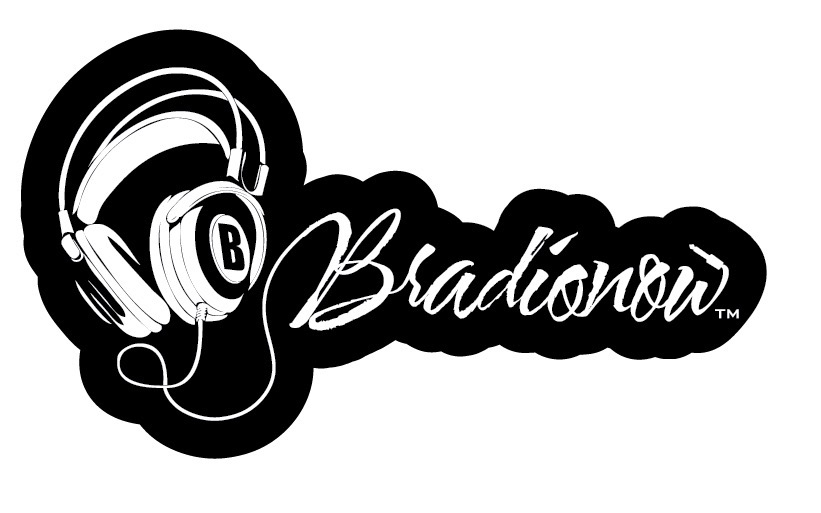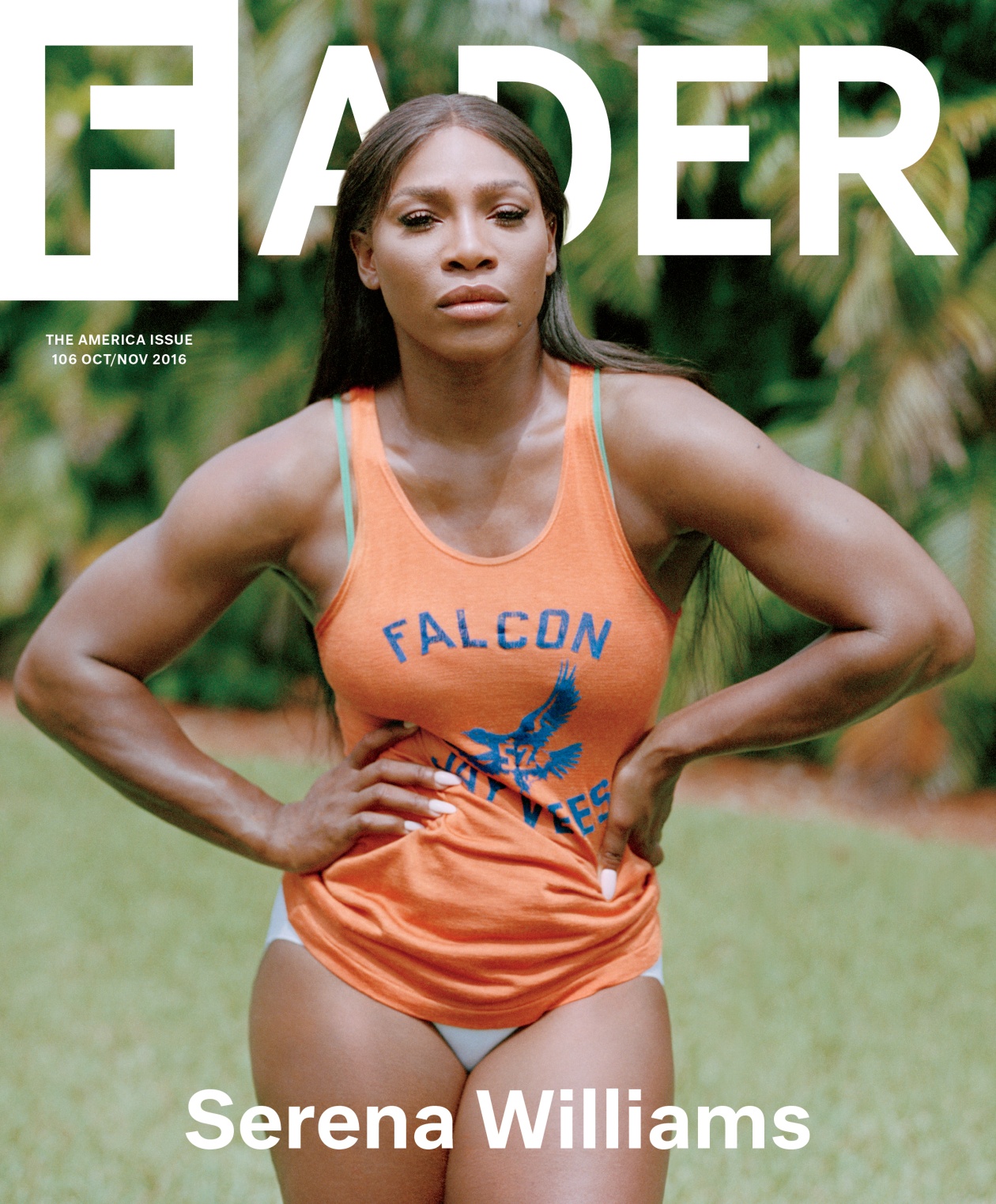
Tennis giant Serena Williams graces the October/November issue of Fader Magazine‘s The America Issue. In the cover story by Elena Bergeron Williams discusses the many wins over her 20-year professional career, the importance of traveling, her appearance in Beyonce’s video, and how she deals with the negative comments regarding her body.
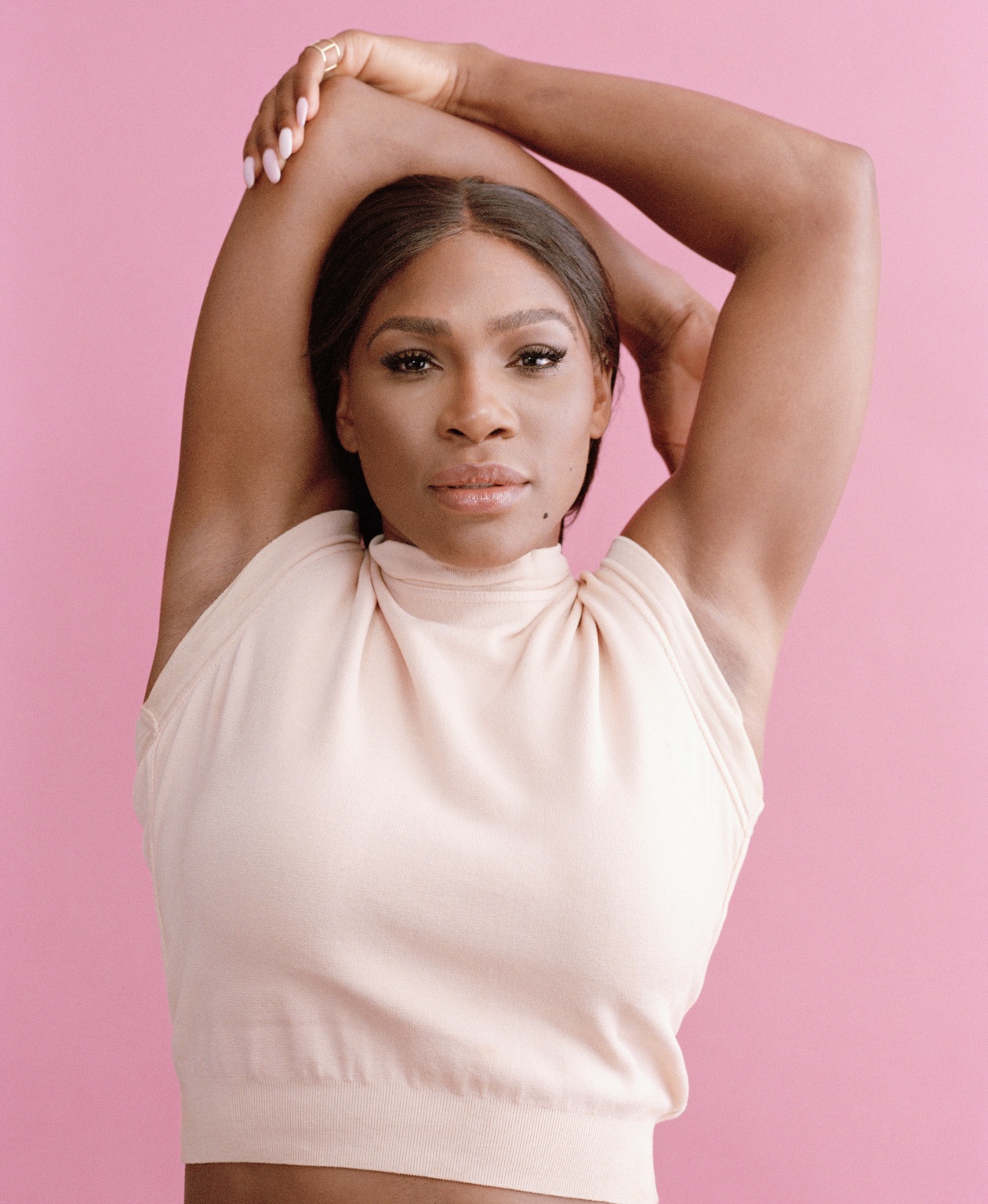
Do you feel like your story is universal, or was this path unique to you and who you are?
I think that my story is universal. I don’t think it’s limited to my country, I don’t think it’s limited to my color, I don’t think it’s limited to my sex. I think it’s universal because I was not born with anything more special than anyone else. I wasn’t born with an extra arm. I wasn’t born super tall. I’m here — a lot of hard work, a lot of dedication, a lot of commitment. And I’ve had a lot of people that didn’t believe in me, so I had to develop a lot of self-belief. At the end of the day, I think it’s a story that everyone in all walks of life can relate to.
Why is travel so important to you?
Being African-American, I’ve always dreamt of going back to Africa. That was just my main goal for as long as I can remember. I gotta get back to Africa. I want to see my roots, where I’m from. I want to see the struggle. I want to see the slave castles. I need to see that journey. I just wouldn’t have felt full if I had never experienced that.
And I think it changed me. It changed me to realize how strong I was and to realize that I, through my ancestors, am capable of doing anything. I’m really capable. They endured the toughest, and only the strongest survived. I realized that I was built from this incredible bloodline that many different types of people aren’t built from. The whole journey, and just visiting other places throughout the world as well, has been really educational for me and uplifting.
What about the way you were raised made you think about Africa as a place you had to go?
My parents always told me, “In order to be the best you can be, you have to know your history.” History can create a lot of knowledge. All my family, we wanted to learn about where we came from. Being black in America, you don’t really know where you come from. You don’t really know your last name. You don’t really know a lot of things. So for me it was always important to visit that. And we were just raised to love one another and to put up with one another and to have intense affection for each other and protect each other. Throughout our lives, usually most tournaments I go to my family comes too. They’re always around. They’re always there.
How did you deal with people commenting about your body when you were younger, and how do you deal with it now?
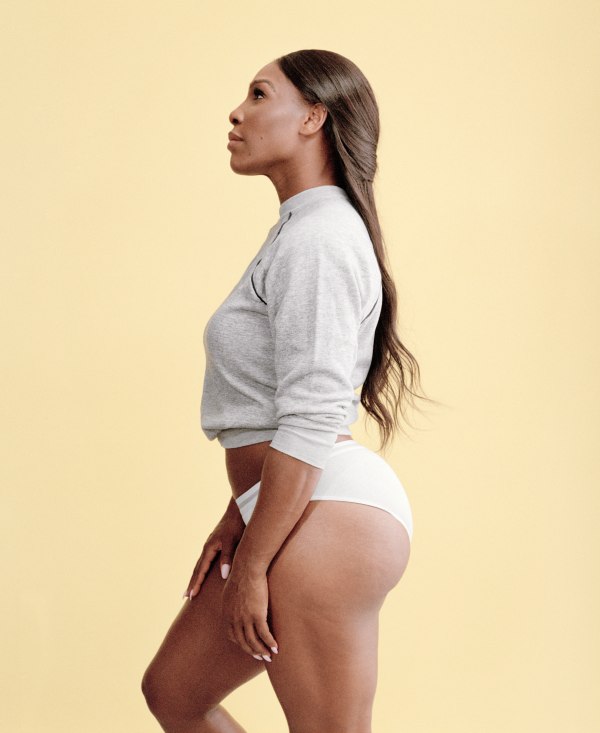
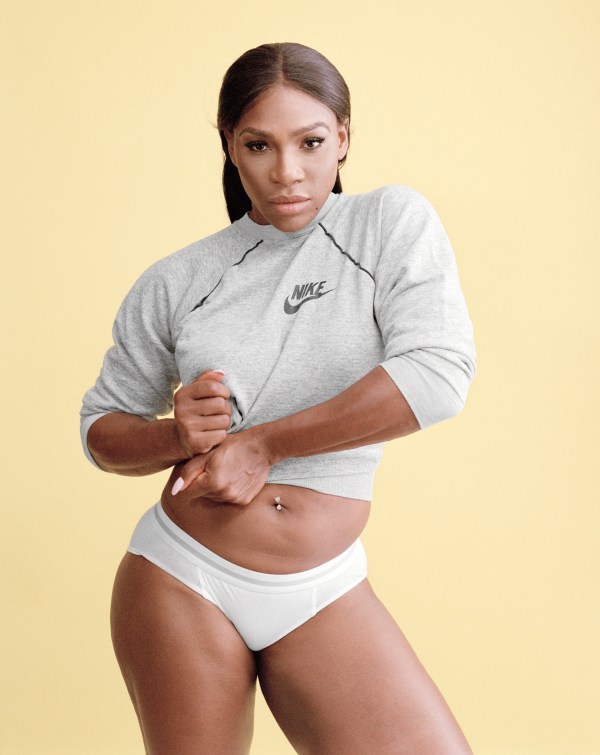
I’ve purposely tuned people out since I was 17. At the time, it was basically newspapers and maybe a website article. Maybe if the web was up back then. Since the day I won the U.S. Open, my very first Grand Slam, I never read articles about myself. If I saw my name mentioned, I’d look away. I looked at the pictures, but that’s pretty much it. I didn’t want to get too cocky, and at the same time I didn’t want to have that negative energy. I don’t know why I did it, but I did it. Ever since then I’ve been really low-key.
People have been talking about my body for a really long time. Good things, great things, negative things. People are entitled to have their opinions, but what matters most is how I feel about me, because that’s what’s going to permeate the room I’m sitting in. It’s going to make you feel that I have confidence in myself whether you like me or not, or you like the way I look or not, if I do. That’s the message I try to tell other women and in particular young girls. You have to love you, and if you don’t love you no one else will. And if you do love you, people will see that and they’ll love you too.
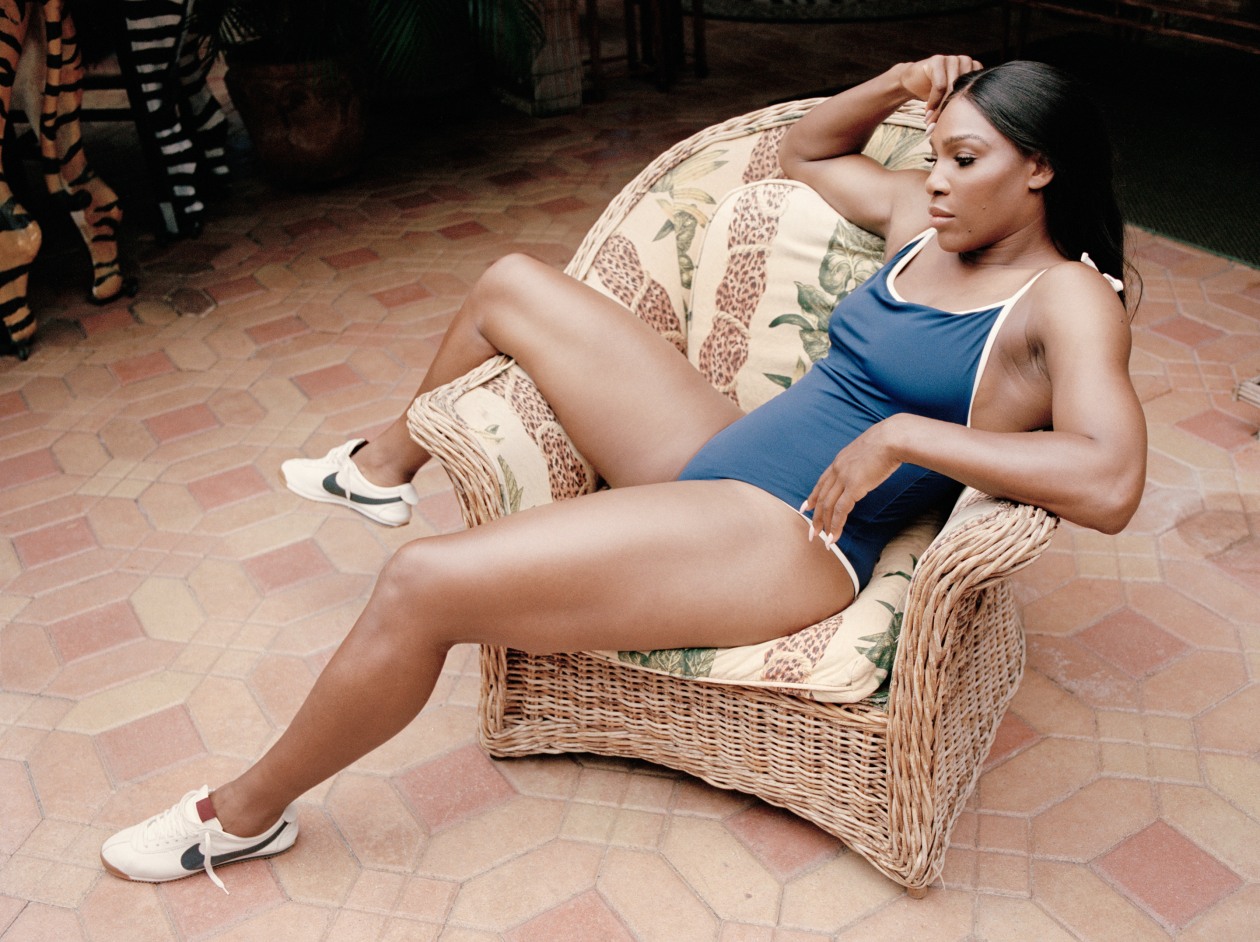
Seeing you on Instagram or dancing in Beyoncé’s Lemonade, it’s obvious that you’re comfortable being playful, showing yourself as a sexual person.
Yeah, you know, it was “she’s too strong,” and then “she’s too sexy,” and then “she’s too strong” again. So I’m like, Well, can you choose one? But either way, I don’t care which one they choose. I’m me and I’ve never changed who I am. I actually do dance a lot, so when that opportunity to appear in Lemonade came up and we were working with choreographers, just trying to figure out what to do, it was really kind of organic.
To read full cover story click here.
